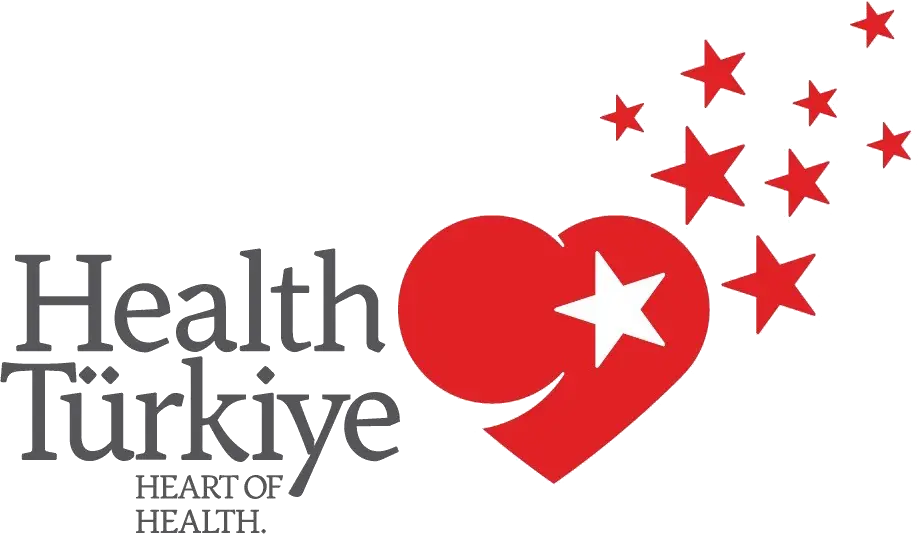The Key to Protection Against Genital Warts and Cancer: The "HPV Vaccine"
The HPV Vaccine: The Key to Protection Against Genital Warts and Cancer
The HPV vaccine provides effective protection against Human Papillomavirus (HPV), one of the most common sexually transmitted infections. While some types of HPV cause genital warts, others can lead to serious health issues such as cervical, vaginal, vulvar, penile, anal, and throat cancers. This article will discuss the role of the HPV vaccine in preventing genital warts and cancer, who should receive the vaccine and when, the side effects of the vaccine, and answers to frequently asked questions.
HPV and Genital Warts
HPV is one of the most common sexually transmitted infections worldwide. Genital warts are raised lesions that appear in the genital area or anus, caused by certain types of HPV. These warts can spread rapidly through sexual contact. The HPV vaccine provides effective protection against these types of infections and prevents the spread of genital warts.
The Cancer-Preventive Effect of the HPV Vaccine
HPV is a major cause of many types of cancer, particularly cervical cancer. The HPV vaccine significantly reduces the risk of cervical cancer. Its protective effect strengthens the immune system against the most dangerous types of HPV, preventing these viruses from causing cancer. Additionally, the HPV vaccine also provides protection against anal, penile, vaginal, vulvar, and throat cancers.
Who Should Receive the HPV Vaccine?
The HPV vaccine is generally recommended for children aged 9-14. In this age range, the vaccine elicits strong immune responses and is administered before the onset of sexual activity. Young adults up to the age of 26 can also receive the vaccine. It is possible to get vaccinated at older ages upon doctor's recommendation, although its effectiveness may be reduced. The vaccine is important for both women and men, as both genders can be affected by health issues caused by HPV.
How Is the HPV Vaccine Administered?
The HPV vaccine is given in three doses into the muscle. The second dose is administered 1-2 months after the first dose, and the third dose is given six months after the first dose. The time intervals between each dose are important for the immune system to develop an effective response. The vaccine is usually administered in the upper arm and does not require any special preparation.
Side Effects of the HPV Vaccine
The HPV vaccine is generally safe, and serious side effects are rare. The most common side effects are pain, redness, and swelling at the injection site. Some individuals may experience headaches, fever, fatigue, or nausea. These side effects are usually mild and temporary. Severe allergic reactions are extremely rare and typically occur shortly after the vaccine is administered.
Frequently Asked Questions About the HPV Vaccine
Which diseases does the HPV vaccine protect against?
The HPV vaccine provides protection against various cancers such as cervical, vaginal, vulvar, penile, anal, and throat cancers, as well as genital warts.
Is the HPV vaccine only necessary for women?
No, the HPV vaccine is necessary for both women and men. Men should also be protected against cancers and genital warts caused by HPV.
At what age should I get the HPV vaccine?
The ideal age is between 9 and 14, but young adults up to the age of 26 can also get vaccinated. It is possible to get vaccinated at older ages, but the effectiveness may be reduced.
Is the HPV vaccine beneficial for sexually active individuals?
Yes, sexually active individuals can also benefit from the HPV vaccine. However, its effectiveness is higher when administered before the onset of sexual activity.
How long does the protection from the HPV vaccine last?
Research shows that the HPV vaccine provides long-term protection. However, studies are still ongoing to determine how long the protection lasts.
Does the HPV vaccine provide complete protection against cancer?
The HPV vaccine provides high protection against the most common and dangerous types of HPV, but it does not provide complete protection against all types of cancer. Regular screening tests and gynecological check-ups are still necessary to reduce cancer risk.
What should I be aware of after receiving the HPV vaccine?
Mild side effects such as pain and swelling at the injection site may occur after vaccination.
Can the HPV vaccine be administered during pregnancy?
The HPV vaccine is not recommended during pregnancy. If you are pregnant or planning to become pregnant, you should postpone the vaccine and consult your doctor after giving birth.
Can the HPV vaccine be administered along with other vaccines?
Yes, the HPV vaccine can be administered with other vaccines. However, different injection sites should be used for each vaccine.
Is the HPV vaccine safe?
Yes, the HPV vaccine has been tested in extensive clinical trials and proven to be safe. Serious side effects are extremely rare.
The HPV vaccine plays an important role in protecting against genital warts and preventing various types of cancer. For a healthy life, do not neglect the HPV vaccine and be sure to consult your doctor about it.

